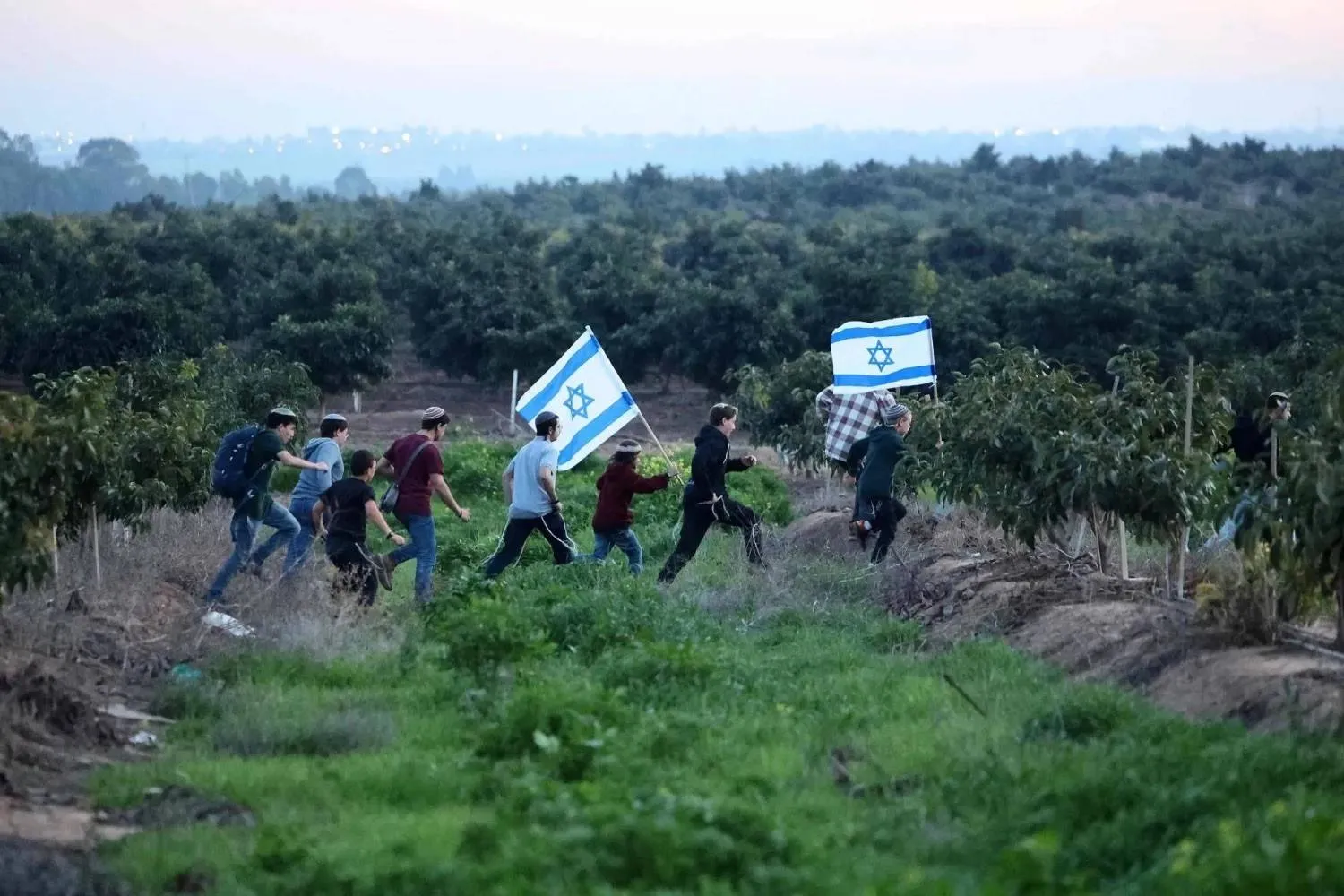Prime Minister Saad Hariri announced on Wednesday the suspension of work at the Future Television, a year after the closure of Al-Mustaqbal newspaper for financial reasons.
The crisis started three years ago, leading the employees to resort to a strike after the TV’s continuous failure to pay their salaries.
Imad Assi, director of news at Future TV, told Asharq Al-Awsat that broadcasting would continue by running old programs, in parallel with meetings between the concerned officials to clarify the course and take the appropriate decision in this regard. He also noted that the television would be restructured and re-launched.
In a statement, Hariri said: “It is with a sad heart that I announce today the decision to suspend the work at Future TV and settle the rights of the workers, for the same financial reasons that led to the closing of Al-Mustaqbal newspaper.”
He added: “The decision is not easy for me and for the public of the Future movement, nor for the generation of founders, workers and millions of Lebanese and Arab viewers, who accompanied the station for more than a quarter of a century and witnessed a distinguished media experience that devoted effort, potential and competencies to serve Lebanon and the Arab causes.”
The channel was founded in 1994 under late Prime Minister Rafik Hariri, the father of Saad.
“Martyr Prime Minister Rafic Hariri wanted the Future TV to be at the image of the Lebanese citizens, their diversity, their coexistence and their passion for culture, freedom, openness and joy. He called it "Future TV" so it could be a bridge to the Arab conscience, with all its national, civilized, social and cultural meanings,” the Lebanese premier underlined.
He noted, however, that the channel would not be shut down forever, but would be re-launched in the coming months, after addressing the financial problems.
“It is important that Future TV employees and all Lebanese and Arab brothers know that the screen will not be turned off,” he said.
“The station is not taking the decision to stop work in order to become part of the past. Rather, it is announcing the end of a period in its journey, to be able to address the accumulated material burdens… and preparing for a new phase.”









